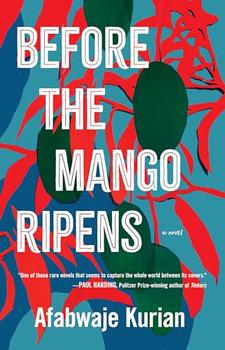(4/18/2023)
This book grabbed me on page one and never let go. It's a riveting page-turner not because it's a thriller or a whodunit but because it's a compelling story about people…people who are acting up, while trying to do the right thing for all the wrong reasons—and utterly failing.
Longlisted for the Booker Prize in 2020, this is billed on the cover as a social satire about privilege in America. It's the story of two women—one White, one Black. One is the employer; the other is the employee. Alix Chamberlin is a privileged, wealthy, slightly dishonest mother of two adorable girls, who is used to getting her own way and always coming out on top. Her husband, Peter, is a local TV news anchor. So Peter can get a better job, they move out of New York City to Alix's childhood hometown of Philadelphia, and Alix mourns the loss of the big city. They live in a huge home in a prestigious neighborhood. Alix has a book contract, so she hires Elmira Tucker as a part-time babysitter for the girls to give her time to write. Elmira is Black, and even though she is a Temple University college graduate she is 25 and hasn't figured out what she wants to do with her life. She has no money and is about to lose her health insurance when she turns 26 in a few months.
The novel opens when Elmira receives a frantic call from Alix very late one night to immediately come get Briar, the two-year-old, and take her to the nearby grocery store for about an hour. Why? Peter (we find out later) said something very stupid on air, and their house got egged, causing one of the windows to break. Peter and Alix are calling the police, and they don't want their little girl to witness this. Elmira is all dressed up and out having a grand time at a friend's birthday party, but drops what she's doing to go get Briar, a precocious child whom Elmira dearly loves. While they are in the grocery store, the security guard confronts Elmira, accusing her of kidnapping Briar. A crowd gathers, and a witness named Kelley Copeland, captures the scene on his phone. It is this video that guides the rest of the story in ways that are hilarious, profound, degrading, shocking, and (finally) liberating.
Ingeniously plotted with superb pacing, this is a fabulous story with an important message about prejudice and expectations, deception and forgiveness, but one that is wrapped up in an intriguing storyline, brilliant (and sometimes blistering) dialogue, and colorful characters. Read it!



